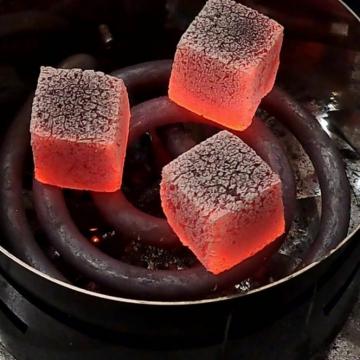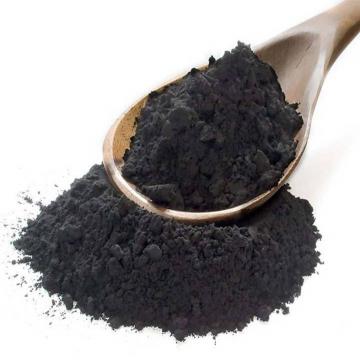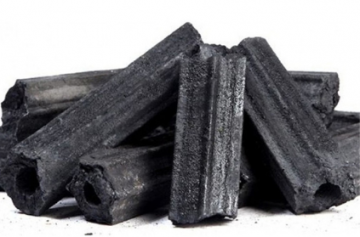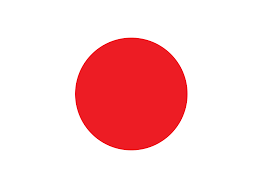4. Charcoal
- Home | | 4. Charcoal
Coconut Charcoal
Coconut charcoal refers to charcoal that is specifically made from coconut shells. It is a popular type of charcoal with various applications due to its unique properties. Here's some information about coconut charcoal:
The production process for coconut charcoal involves several steps:
- Harvesting: Coconut shells are collected after the coconuts have been used for their inner meat or water.
- Cleaning and drying: The shells are thoroughly cleaned to remove any impurities, followed by drying to reduce moisture content.
- Carbonization: The dried coconut shells are heated in a controlled environment with a limited oxygen supply. This process removes volatile compounds and transforms the shells into charcoal.
- Cooling and sizing: The carbonized coconut shells are cooled and then broken down into smaller pieces or sized based on their intended use.
Characteristics of Coconut Charcoal:
- Porous structure: Coconut charcoal has a highly porous structure due to the presence of natural cavities, resulting in a large surface area. This porosity enhances its ability to absorb and trap substances.
- High carbon content: Coconut charcoal typically contains a high percentage of carbon, making it an efficient fuel source with low ash content.
- Sustainable and renewable: It is considered an environmentally friendly option as coconut shells are a byproduct of the coconut industry and can be sustainably sourced.
Applications:
Coconut charcoal finds application in various fields, including:
- Barbecuing and cooking: Coconut charcoal is commonly used in grilling and cooking due to its high heat output, long burning time and minimal smoke production.
- Shisha and hookah: It is a preferred choice for smoking sessions in shisha and hookah pipes due to its clean-burning properties and mild flavor.
- Filters and purifiers: Coconut charcoal is used in water filters, air purifiers, and gas masks to adsorb impurities, odors, and contaminants.
- Cosmetics and skincare: It is used in beauty products such as face masks, soaps, and scrubs for its ability to absorb excess oil and impurities from the skin.
- Industrial applications: Coconut charcoal can be utilized in industries like metallurgy, gold recovery, and chemical purification processes due to its adsorption capabilities.
- Coconut charcoal is known for its versatility and numerous applications across various industries. Its unique properties make it a preferred choice for those seeking an eco-friendly and effective charcoal option.
Goods Specification:
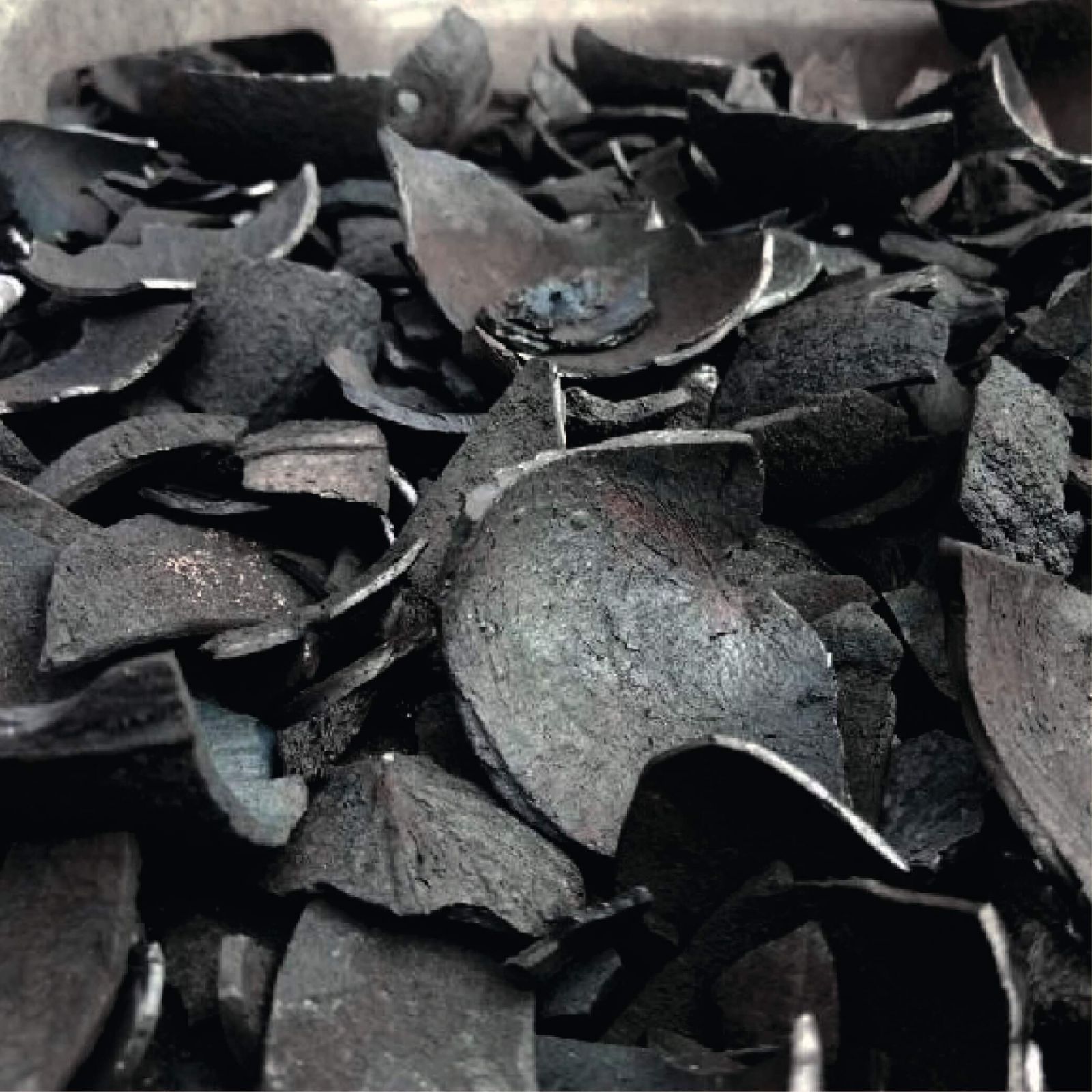
Coconut charcoal is made from coconut shells
Calorific: >7.000 Kcal/kg
Carbon Fix: > 72%
Ash: 6 -8%
Moisture: 10% (Max)
Packing: Packing by Jumbo bag.
Quantity: 1,000 Ton/month
Delivery Terms: FOB/CIF
Payment Terms: TTR/LC
FOR MORE DETAIL PLEASE CONTACT:
Hotline: (+84) 28 6658 9888
Email: info@amakiquantum.com

